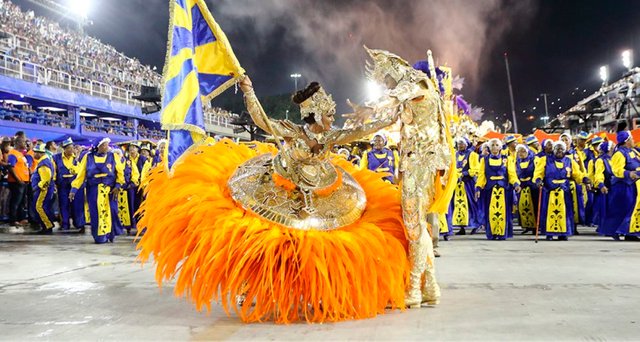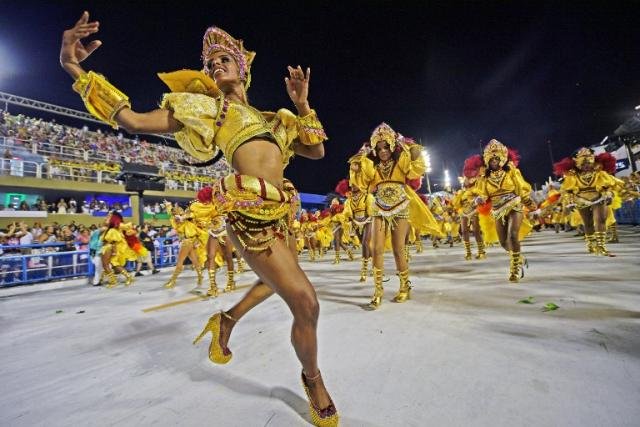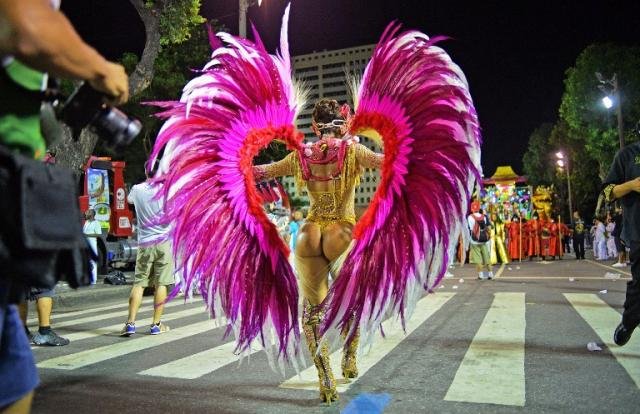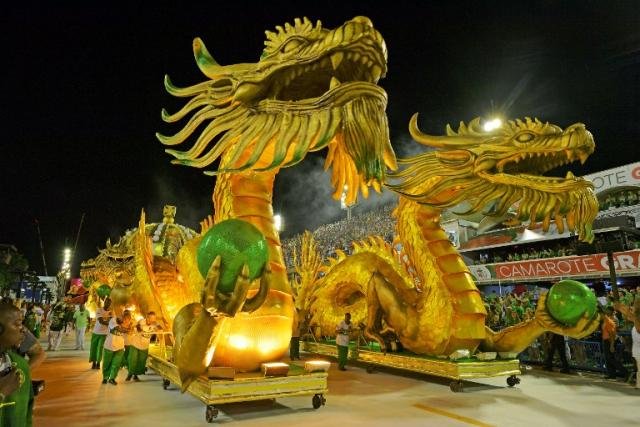The origin of Brazilian samba

Samba is considered by many critics of popular music, artists, historians and social scientists as the most original of Brazilian musical genres or the typically Brazilian musical genre. Regardless of the centrality or not of samba as a national musical genre, its origin (or the history of its origin) brings us the record of an immense mixture of rhythms and traditions that cross the history of the country.
The samba originated from the ancient batuques brought by the Africans who came as slaves to Brazil. These batuques were generally associated with religious elements that instituted among the blacks a kind of ritual communication through music and dance, percussion and body movements. The rhythms of the batuque were gradually incorporating elements of other types of music, especially in the scenario of Rio de Janeiro of century XIX.

As of the 19th century, the city of Rio de Janeiro, which had become the capital of the Empire, also began to behave as a group of blacks from other parts of the country, especially Bahia. It was in this context that the clusters around the Yoruba religions were born in the central region of the city, especially in the region of Praça Onze, where mothers and fathers of the saint acted. It was in this ambience that the first samba wheels appeared, mixing the elements of the African batuque with the polka and the maxixe.
The word samba refers, properly, to the fun and the party. However, like time, it came to mean the battle between specialists in the genre, the battle between who improvised better the verses in the roda of samba. One of the followings of the Rio samba, the high party, was characterized by this. As the researcher Marco Alvito said in reference to the history of the word:

"One of the possible origins, according to Nei Lopes, would be the Quioco ethnic group, in which samba means cabrile, play, and have fun as a kid. Some say that it comes from Bantu Semba, as the meaning of a navel or heart. It seemed to apply to Angola's nuptial dances characterized by the umbigada, in a kind of ritual of fertility. In Bahia comes the modality samba de roda, in which men play and only women dance, one at a time. There are other, less rigid versions in which a couple occupy the center of the wheel. (ALVITO, Marcos, Samba, In: National Library History Magazine, Year 9. No 97. October, 2013. p 80). "
